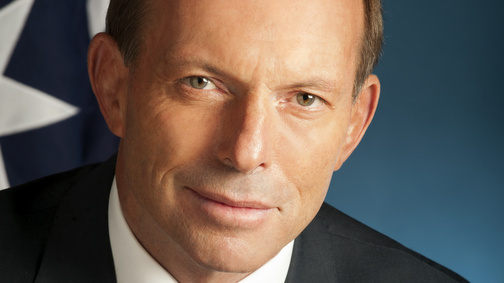
It has been reported that Prime Minister Tony Abbott has been exploring the idea of a plebiscite on marriage equality.
A plebiscite would require a national vote on the issue, further delaying action on marriage equality – possibly until after the next election.
This would mean dismissing the cross-party bill proposed by members of all four major parties, as well as independent MPs, that is due to see parliament upon resumption in August.
The Labor Party have this week pledged to legislate for marriage equality within 100 days of returning to power in Australia, as well as binding all ALP members to vote in favour of marriage equality, which may explain the LNP’s decision to explore new pathways to gauge public opinion on the issue.
Coalition MPs George Christensen, Scott Morrison, Michael Sukkar and Kevin Hogan have mentioned their support for a plebiscite, while Education Minister Christopher Pyne would rather see the issue dealt with in the party room.
While this shows the LNP are willing to listen to the public on the issue, many are concerned it will bring about unnecessary delays.
“A plebiscite would delay marriage equality until at least 2017, and possibly much longer given the result would not be binding, when we know it can be achieved this year through parliament”, says Australian Marriage Equality national director Rodney Croome.
“Australians are tired of debating marriage equality, and of other countries moving ahead of us, and want it enacted as soon as possible. A plebiscite would be seen as the Prime Minister spending millions to deny parliament the right to vote because he knows marriage equality could pass if there is a Coalition free vote.” Mr Croome continues.
“We are also concerned about the poor rules governing plebiscites including the fact the government can set the question without parliament’s approval, as well as how potentially divisive and polarising a plebiscite campaign could be.”
OIP Staff





